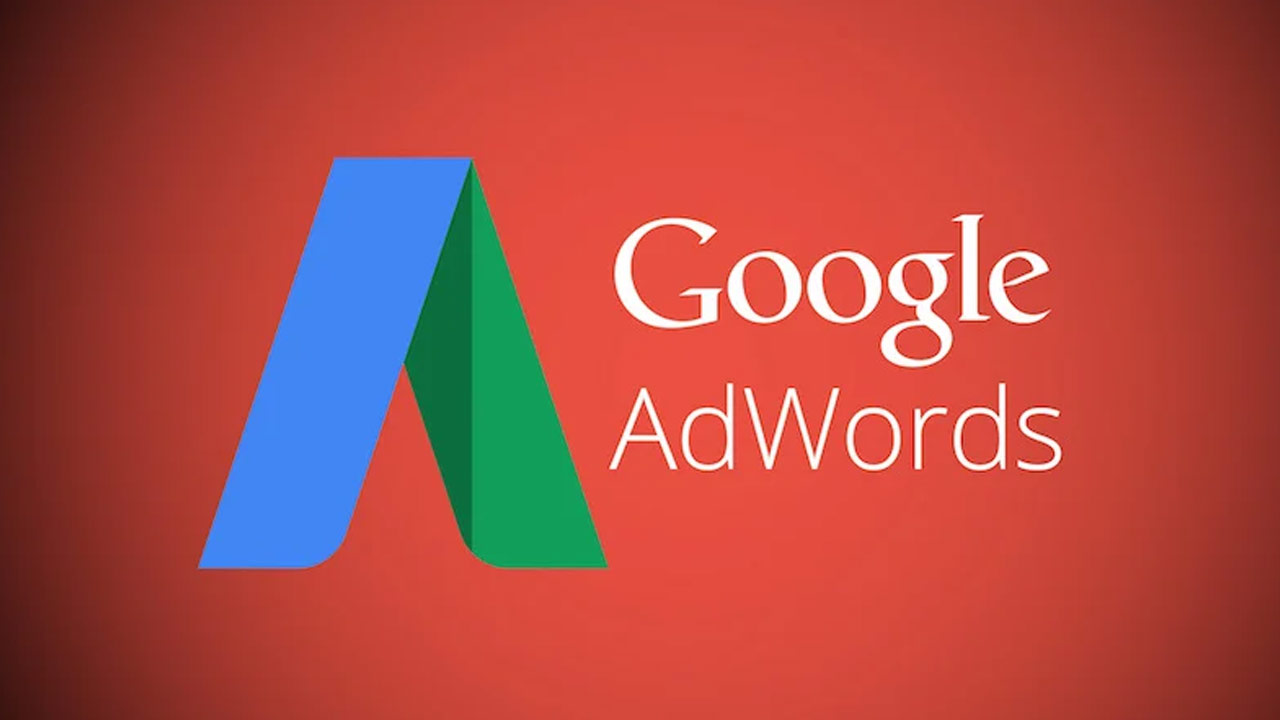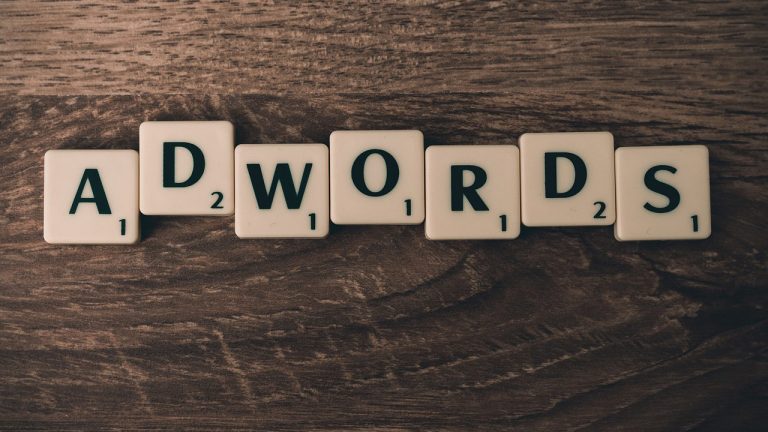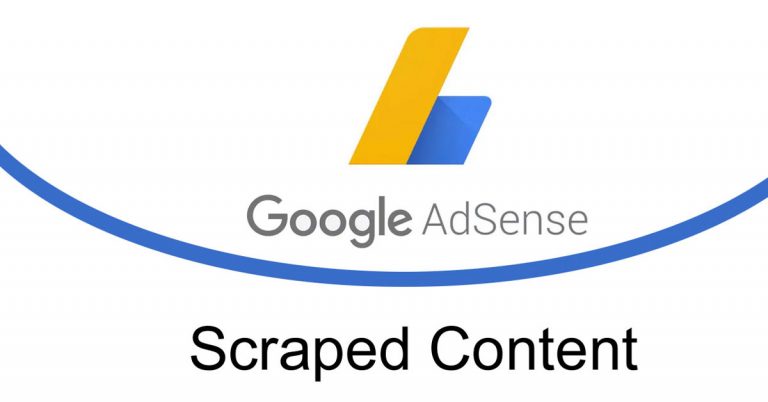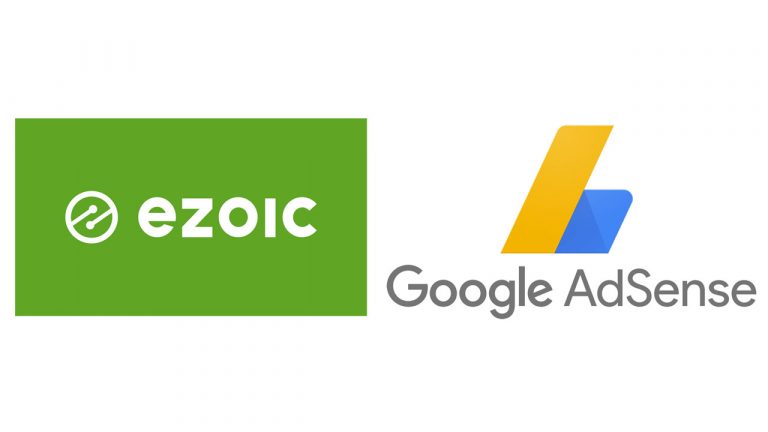Can You Pay Google to Rank Higher?

Marketing has never been more important than it is so now, taking into consideration the variety of content available online. It’s only natural that Google, the world’s leading search engine, is earning tons from marketing and PPC (Pay Per Click) ads. The issue remains, be it fact or fiction, that there are a lot of people who are still pondering on the question of whether they can pay Google to rank higher. Ranking higher means being the first, or among the first results on the list of results, when someone searches for something relevant to the given topic. So, can you really pay Google to rank higher on the result list?
You can’t pay Google to rank higher. Google has been very clear about that, as it’s a „myth“, according to them. Google wants to keep its reputation on being a fair search engine, listing the results of a search based on how much they match with the given search term.
However, there are many niches surrounding marketing in general, and especially Google’s ad service. There are ways to slightly manipulate these in your favor, and there are substantial differences between your website being advertised by Google and being just one of the results. If you want to learn what’s a PPC and an SEO, what are the differences and how to use them, as well as what can you do to rank higher – then it’ll be in your best interest to read this article.
What Is a Pay Per Click (PPC)?
PPC is, most easily phrased, Google Ads’ advertising solution. It’s their way of charging you (the user, website owner) for popular placement and prominence of your site. Basically, the more money you bid, the higher the chances that your website’s ad will pop up when someone searches for something directly related to that.
Say you’re selling horse-riding equipment in Boulder, Colorado, and you’re paying Google money to push ads for your website. When creating ads (Google lets you create your own ads) you’re supposed to choose keywords and phrases, something that will direct the search to your ad if a potential customer searches for it. Logically, one of the things you’d put is the word ‘saddle’, and since you’re probably not the only horse-riding equipment business in Boulder, you have to invest more in the ad in order to be the first in line.
Of course, if your ad doesn’t match any of the keywords, meaning that it has nothing to do with the search term, then your ad won’t even pop up. For example, if someone searches for ‘car mechanic Boulder’ – your ad won’t pop up since it’s completely unrelated to the search.
The reason it’s called Pay Per Click is that you don’t pay every time your ad is shown, but rather every time someone clicks on it.
There are a lot of advantages to this, as you can specify and filter your ad as much as you’d like. You can set it to show for only a certain geographic area, in this example, it’d logically be Boulder. Someone from Memphis clicking on your ad would be a waste of money for you since they likely won’t be driving 1072 miles to buy a saddle. You can also frequently change keywords and phrases (free of charge), and promote deals you might set up. This way you can target the specific audience you want to promote your business to.
Google Ads also allows you to promote your business outside of Google Search, as it can show ads on relevant business sites, all part of the Google Display Network (GDN). There you can reach an even wider audience, and also choose where you want your ads to be shown.
PPC will not improve your organic search rankings. Meaning that you won’t be popping up if the search term isn’t related to your keywords, also, no matter how much you pay your ad won’t show before someone else’s if their website has more organic matches to the search term. That means that someone’s website which doesn’t have a paid ad might pop up before your (paid) adjust because it’s a better match.
Can You Pay Google To Rank Higher?
Google has been pretty clear that you can’t. The company wants to keep their credibility and reputation of being fair, that’s why paying for ads won’t make them any more prominent than unpaid-for websites (if they’re a better match – if they’re an equal or worse match when compared to the paid ad, the paid ad will be shown first).
All search listings in Google Search are completely free, and no one can pay for a better ranking if they have fewer matches.
What’s The Difference Between PPC and SEO?
We’ve already defined PPC and its importance, so we won’t be going into it again. SEO, on the other hand, stands for Search Engine Optimization. That is the practice of including content on your website that will potentially make it more visible to search engines. Put more simply – adjusting your website’s content to the consumers’ needs will make it more likely to be among the first to pop up.
The quality of your SEO increases the chances of your website popping up significantly. SEO is free and it’s just a way to determine which website should have the advantage when certain search parameters are satisfied.
Google has SEO experts who can guide you through the process of improving your site’s SEO, but you can do it on your own, as well. Here’s some of the advice Google is suggesting in optimizing your site’s SEO.
Firstly, you should make sure that the writing on your website is clear, helpful, and descriptive. You should explain your topic in simple, easy-to-read language and you should always try to include words you think a consumer might search for online (keywords).
You can also include (in your website’s content) search terms that will lead to your website, but be careful if you decide to do so. If you include too many search terms that don’t seem to be connected in any way, Google will mark your website as deceptive and will elect to ignore it completely, meaning that it won’t show on searches (even if your intentions weren’t deceptive and are actually honest).
Don’t use text images, important titles, content, or links – Google bot doesn’t recognize this. Just think about what your potential consumers will search for and try focusing on that.
It’s helpful to link other sites with yours, for example, reviews of your products or services, satisfied customers, or business associates. This way you’re showing Google that your site is relevant to people’s interests online.
There is no cost to improving your SEO, and the only thing that can improve it is your constant updating of its content.
Will PPC Help Your SEO?
PPC, or Google Ads, will not help your SEO. It’s the primary concern of Google to provide Search users with the most relevant results. If businesses were able to buy their way into higher rankings, users wouldn’t be able to get the information they’re looking for, which is, after all, the reason they use Google.
However, you can use PPC tools to improve your SEO. Money directly won’t help it, but the tools you’re paying for might. PPC will regularly show you statistics of what your ad is facing, which keywords are used the most, which ones are connected with your website the most, etc. – this is something you can use to tip the odds in your favor, making the necessary changes to your website based off of the research PPC has prepared for you.
PPC can also prepare a list of keywords (Keyword Tool) that are most commonly related to your website, and you can then integrate those words on your website in order to achieve a greater number of results.
Smaller businesses, ones that don’t wish to spend money on PPC, can use Google’s non-Google Ads tools to optimize their searches.
If you’re looking to optimize your website’s ads and you’re willing to spend money on it, then it might be wise to look into PPC. PPC will ensure that you see much more in-depth statistics on your website and help you optimize it better. However, it will not let you rank higher just because you poured more money into Google’s funds. That wouldn’t be fair to other businesses and Google would in general lose many users.
Google has always been a company focused on unbiased, proper search, and using PPC to rank higher would be the opposite of that. However, you can use it to optimize your website and prioritize yourself on the market.





